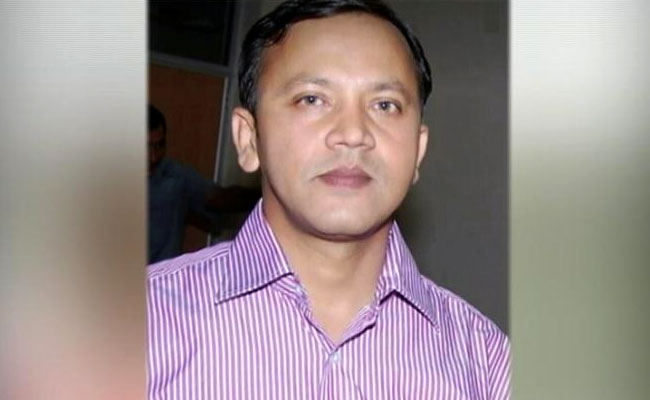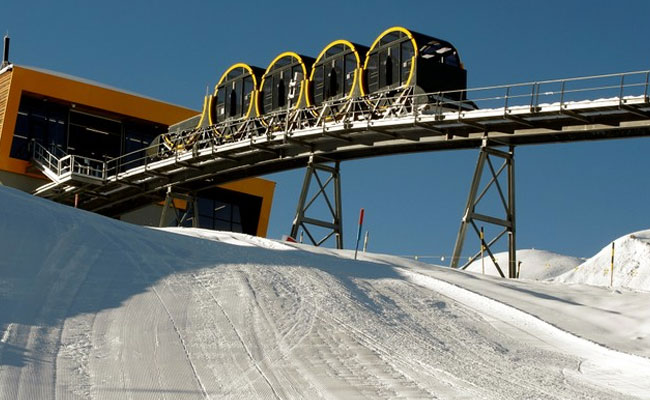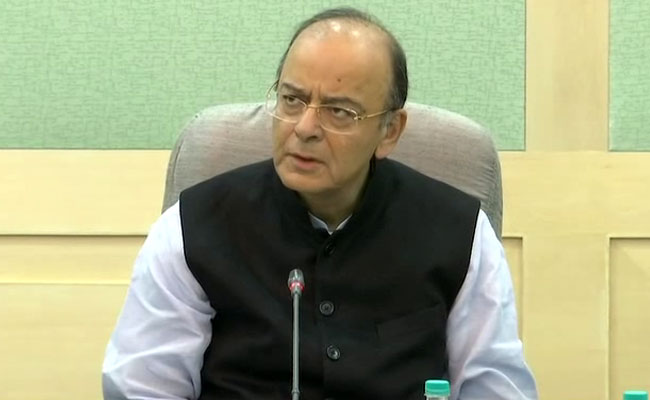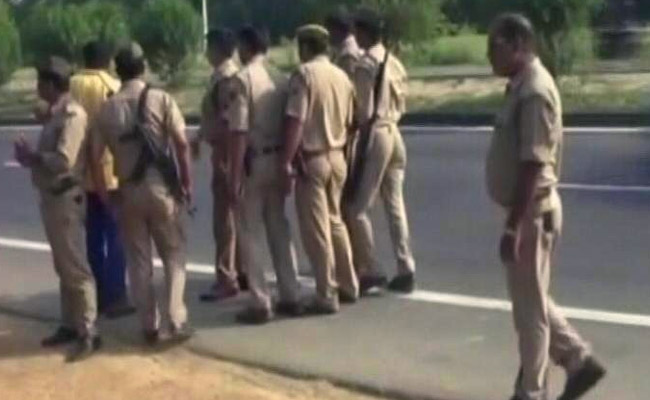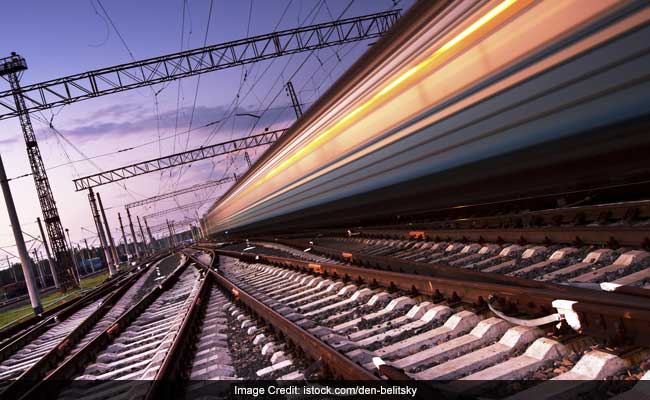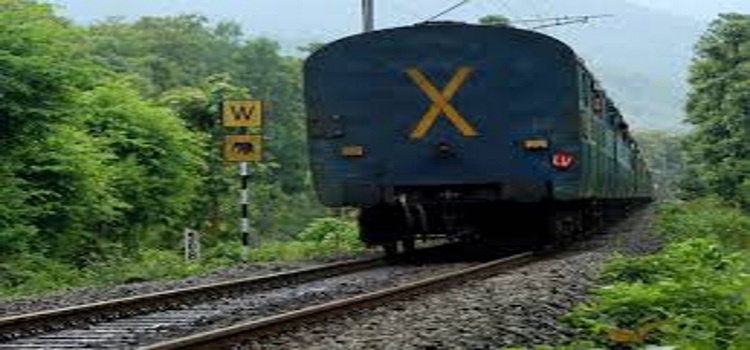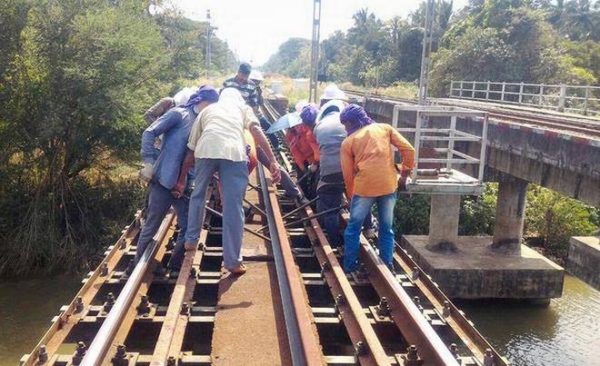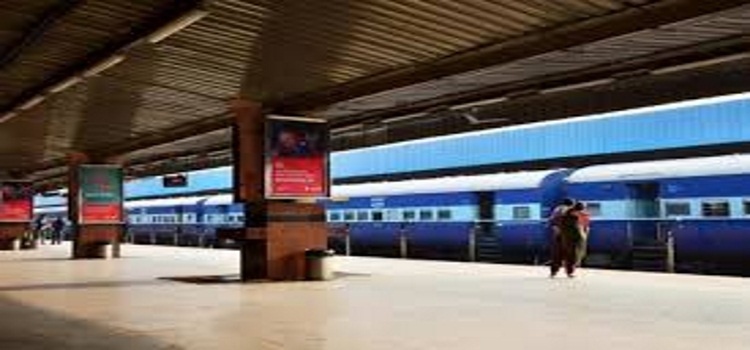
The Delhi High Court today pulled up the Railways for placing coaches for the disabled at both ends of the train, saying there could be no justification for such a move but for “commercial interests”.
The court was also annoyed with the Railways for not implementing the recommendations of a committee appointed by it to provide equal opportunity to persons with disabilities to travel by trains.
A bench of Acting Chief Justice Gita Mittal and Justice C Hari Shankar said the matter was adjourned last time for implementation of the report but nothing has been done.
“There can be no justification other than commercial interest of railways for placing one coach each at the beginning and end of a train for disabled persons,” it said.
“Unfortunately no timeline is placed and the counsel for railways is unable to tell when the recommendations will be implemented. The Committee has made important recommendations for giving equal opportunity to persons with disabilities to travel by railways. The response is unacceptable,” it said.
The observations came on a PIL initiated by the bench itself on the issue of a visually-impaired man missing his M.Phil entrance exam as he could not board a reserved compartment of a train since it was locked from inside.
The court had appointed former General Manager of Indian Railways Sarabjit Arjan Singh an amicus curiae (friend of the court) to assist it as he had written an article giving suggestions to make railways a disabled-friendly network.
The court granted the last opportunity to the railways to place a timeline for implementation of the recommendations and also asked it to form a helpline for disabled persons.
“It was due to such behaviour by the railways that the incident of blind student who was unable to board the train happened,” the bench said and added that the assessment of placement of coaches for disabled was required to be done.
The court said in most of the stations, these two coaches will be at the end of the platform which completely lack accessibility.
It sought the presence of an officer of the rank of executive director of railways before it on December 21.
The bench had earlier said that despite constitutional guarantee of equality before law, the harsh reality was that disabled persons do not have any substantive equality.
It had said that the Delhi University also cannot isolate itself from taking measures to secure the man’s rights and will have to grant him a chance to participate in the entrance exam for M.Phil (Sanskrit) course for the academic year 2017- 18 like all other candidates.
